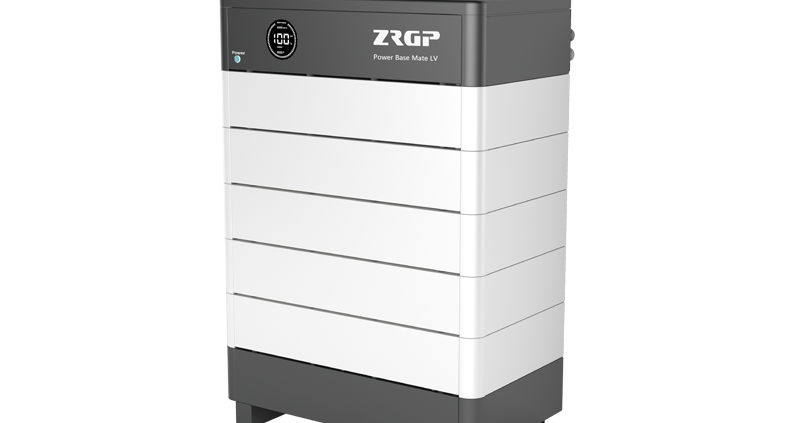Assessing the Economic Viability of Lithium Battery Energy Storage
In the dynamic realm of energy storage, assessing the economic viability of lithium battery technology has become a pivotal endeavor. This passage delves into the economic facets that make lithium battery energy storage a compelling choice, exploring its impact on various industries and its potential to reshape the future of energy infrastructure.
Economic Dynamics at Play
Cost Efficiency and Lifecycle Considerations
One of the primary factors contributing to the economic viability of lithium battery energy storage is its remarkable cost efficiency. Over the years, advancements in technology and increased production scale have led to a significant reduction in the cost of manufacturing lithium batteries. Moreover, the extended lifecycle of lithium batteries, when compared to traditional alternatives, contributes to their economic appeal. The ability to undergo numerous charge-discharge cycles before significant degradation positions lithium batteries as a cost-effective solution for long-term energy storage needs.
Return on Investment in Renewable Integration
As the global focus on renewable energy intensifies, lithium battery energy storage emerges as a key player in facilitating the integration of renewable sources into the power grid. The intermittent nature of renewable energy, such as solar and wind, poses challenges to grid stability. Lithium batteries, with their rapid response and high energy density, provide an effective solution for storing excess energy during periods of abundance and releasing it during peak demand. The economic viability of this approach lies in its ability to enhance grid reliability, reduce the need for expensive peaker plants, and ultimately deliver a tangible return on investment for utilities and energy providers.
Industry Applications: Driving Economic Growth
Industrial Peak Shaving for Cost Optimization
In industrial settings, where energy costs can represent a significant portion of operational expenses, lithium battery energy storage offers a strategy known as peak shaving. By storing energy during off-peak hours when electricity rates are lower and releasing it during peak demand, industries can optimize their energy consumption patterns. This not only leads to direct cost savings but also enhances the economic competitiveness of manufacturing and production facilities.
Grid Support Services for Economic Stability
Lithium battery energy storage systems contribute to economic stability by providing grid support services. These services include frequency regulation, voltage control, and grid balancing. The ability of lithium batteries to respond rapidly to fluctuations in demand and supply helps maintain a stable and reliable power grid, preventing disruptions that could have economic repercussions across various industries.
The Resilience Factor: Emergency Power and Grid Resilience
Economic Resilience in Critical Infrastructure
Lithium battery energy storage systems play a critical role in enhancing economic resilience, particularly in critical infrastructure. Hospitals, data centers, and emergency services rely on uninterrupted power supply for essential operations. Lithium batteries, with their ability to provide reliable and instant backup power, contribute to the economic resilience of these sectors by mitigating the financial impact of potential downtime and disruptions.
Grid Resilience in the Face of Natural Disasters
The economic viability of lithium battery energy storage becomes especially evident in regions prone to natural disasters. The ability to store energy and provide emergency backup power helps communities and businesses recover more swiftly from disruptions caused by events such as hurricanes or earthquakes. The economic value lies not only in preventing financial losses during downtime but also in expediting the overall recovery process.
In conclusion, assessing the economic viability of lithium battery energy storage reveals a transformative force in the energy landscape. From cost-efficient solutions and return on investment in renewable integration to driving economic growth in industries and enhancing resilience in critical infrastructure, lithium batteries demonstrate their economic prowess. As technological advancements continue to refine efficiency and reduce costs, lithium battery energy storage is poised to play an increasingly vital role in shaping a more economically sustainable and resilient energy future.



